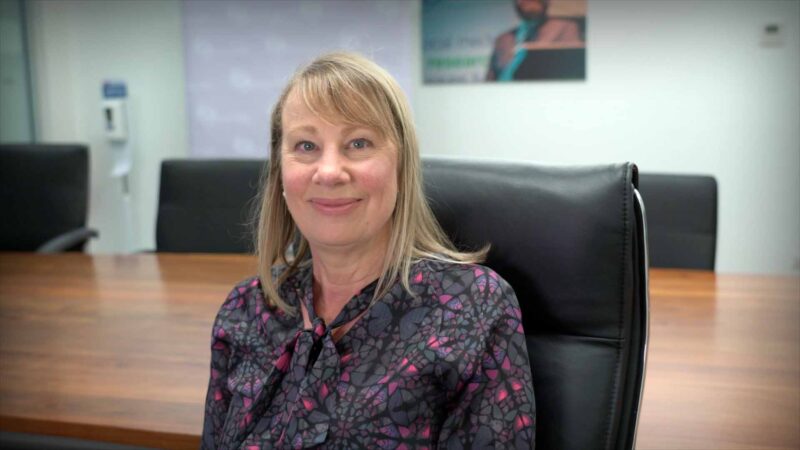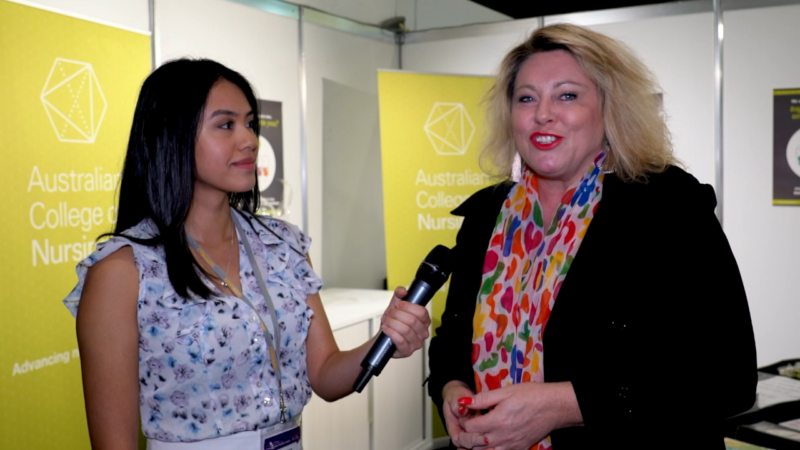A Deloitte study on General Practices in 2019 predicted an increase in unmet medical needs and a decrease in the medical workforce. The study discussed new models of care with interdisciplinary team care including nurse practitioners and community paramedics. Australian Health Journal spoke with the Australasian College of Paramedicine on the role paramedics can play aside from delivering emergency care in transit.
John Bruning is the CEO of the Australasian College of Paramedicine, which has been representing the paramedicine profession in Australia and New Zealand for more than 50 years. According to John, there have been exciting developments in the paramedicine and health fields the past year.
The scope of practice review, as well as the Federal Government’s efforts to improve patient outcomes through multidisciplinary team care, have been particularly noteworthy. While paramedics have traditionally been associated with emergency response and ambulance services, the review has highlighted the potential for them to play a significant role in supporting the healthcare of local communities.
Bruning points out paramedics have the opportunity to play a key role in supporting healthcare and improving patient outcomes. Paramedics should be utilised more widely in urgent care clinics to improve patient outcomes as they are experts in urgent, acute, unplanned care.
Despite being seen primarily as emergency responders, paramedics have long been providing care in the primary care space. As such, their increased involvement in primary and urgent care is a natural progression that can lead to improved health outcomes for communities. Urgent care clinics, which treat non-life-threatening injuries and illnesses, have been a recent introduction. However, when these clinics were initially proposed, paramedics were left out of the opportunity, despite being experts in urgent, acute, unplanned, and unscheduled care. They work in these types of situations every day in the ambulance service and should be utilised in these clinics to improve patient outcomes. Working as part of multidisciplinary teams with doctors and nurses can further enhance the outcomes for local communities.
Discussing with Australian Health Journal, Michelle Murphy, the Advocacy and Government Relations Lead for the Australasian College of Paramedicine, says that having a sustainable health workforce is essential for improving access to healthcare. Paramedicine is currently the fastest-growing health workforce, growing at 9% per annum for the last four years. Urgent care clinics are filling the gap between family or primary care and tertiary or hospital-based care and reducing the pressure on emergency departments and ambulances. Paramedics are well-placed to work in these clinics, delivering ad hoc unplanned clinical care when it is urgent but not an emergency. Multidisciplinary teams improve access to care by enabling communities to think about the health providers they need and bringing together different providers to work together to deliver care in communities.
Murphy references a study involving Associate Professor John Adie at the University of the Sunshine Coast. As Assoc Professor of Urgent Care, Prof Adie talks about the workforce of General Practitioners at the time predicted to decrease by 25% from 2019 to 2023, while the unmet need was expected to increase by 38%. Some countries are adopting new models that involve nurse practitioners and community paramedics as part of the workforce. These practitioners will be able to assist GPs in seeing patients with non-life-threatening urgent conditions.
You Might also like
-
Brain cancer Professor mentors Tasmanian researchers
Rosemary Harrup trained in Victoria and Tasmania in Medical Oncology and Clinical Haematology, completing a dual Fellowship in 2001. She is the current Director of Cancer and Blood Services at the Royal Hobart Hospital (RHH), a role she has held since 2009.
Australian Health Journal spoke to Rosemary about her journey in medicine and specifically her work in Clinical Trials in Brain Cancer and the value she placed on her senior clinicians as mentors and how she now mentors others.
-
Interview with Kylie Ward, CEO Australian College of Nursing
Kylie Ward, CEO Australian College of Nursing spoke with Anne Dao from Australian Health Journal, at last week’s Australian Healthcare Week Expo on the vital role of the nursing professional.
Australian College of Nursing oversees 390,000 nurses in Australia and is the national leader in the nursing profession.
Changes in nursing policy are needed in areas of aged care, chronic disease and workforce sustainability. There are forecasts of shortages in nursing by the year 2025 of 80,000 and by 2030 the number growing by 125,000.
Kylie also mentioned the new Nursing Trailbrazers Award that has been recognised by Federal Health Minister, Greg Hunt. The 4 finalists have been recognised for influencing models of care, and implementing game changing initiatives across the country. They will be presented at the Nursing Now Australia event held by the ACN on 9th April.
Post Views: 1,107 -
Co-design, adoption and interoperability
In October CEBIT AUSTRALIA held it’s yearly technology related conference. Australian Health Journal’s reporter Anne Dao spoke with health technology thought leaders on what needs to be consider in Co-Design, Adoption and Interoperability of technology aided healthcare delivery



